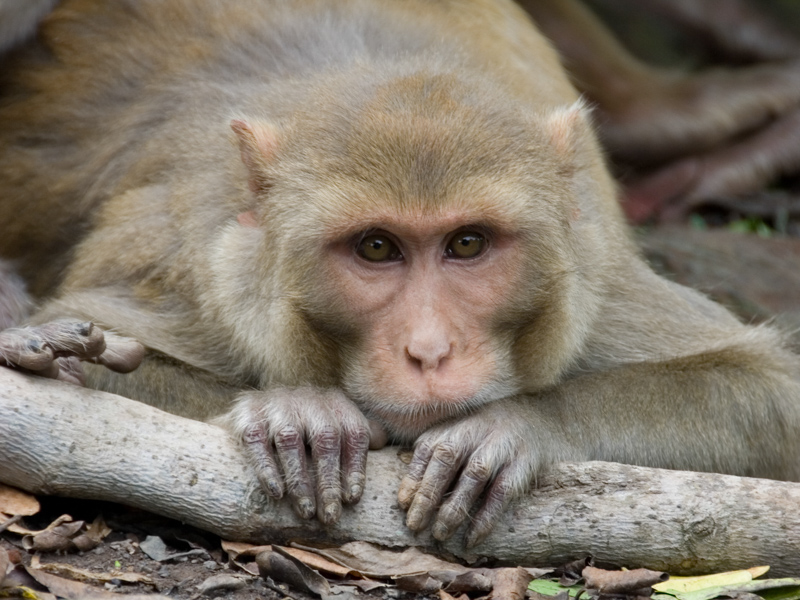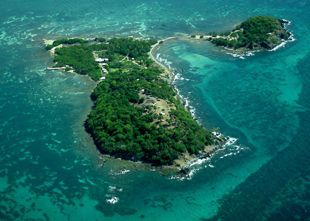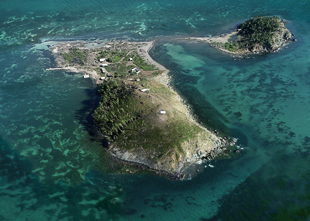Study finds survivors of weather-related disasters may have accelerated aging
For immediate release ‐ February 07, 2022
Contact: Jon Pishney, 919.707.8083. Images available upon request
When Hurricane Maria slammed into Puerto Rico in September 2017 as a high-end Category 4 storm, it left in its wake the largest catastrophe in the history of the island. The storm killed more than 3,000 people in its immediate aftermath, knocked out power to nearly all the island’s 3.4 million residents, and caused more than $100 billion in damages.
What was the toll of this stress and adversity on the long-term health of its population? And could exposure to extreme weather events accelerate the aging process?
While the final impact on the human survivors’ mental and physical health remains to be tallied, a group of biologists – led by Noah Snyder-Mackler of Arizona State University along with colleagues including Julie Horvath of the North Carolina Museum of Natural Sciences and North Carolina Central University – have looked toward one of our close evolutionary cousins for the first clues.
 Rhesus Macaque. Copyright Lauren Brent.
Rhesus Macaque. Copyright Lauren Brent.
Along with the human toll, the devastation impacted all the island’s wildlife, including a group of free-ranging rhesus macaques living on the isolated Cayo Santiago, a small island (38 acres) just off the southeastern coast of Puerto Rico. The animals have lived on the island since 1938, when the Caribbean Primate Research Center field station first opened.
Now, the research team has published one of the first results that shows the effects of this recent natural disaster may have molecularly accelerated aging in the monkeys’ immune systems. This is especially pressing given that hurricanes and other extreme weather events are becoming stronger and more common with climate change. Read more in Proceedings of the National Academy of Sciences.
“We know that when humans experience traumatic life events it can have lasting impacts on their health and mental state. Our research underscores the importance of ongoing studies in these rhesus macaque monkeys to help us better understand the factors impacting health and aging across all primates, including humans” says Horvath. A related project called Monkey Health Explorer is assessing the overall health in some of these same monkeys by studying their blood cell amounts and types. This participatory science project is an exciting way for people to help with this ongoing research: https://www.zooniverse.org/projects/mbarrierz/monkey-health-explorer/



